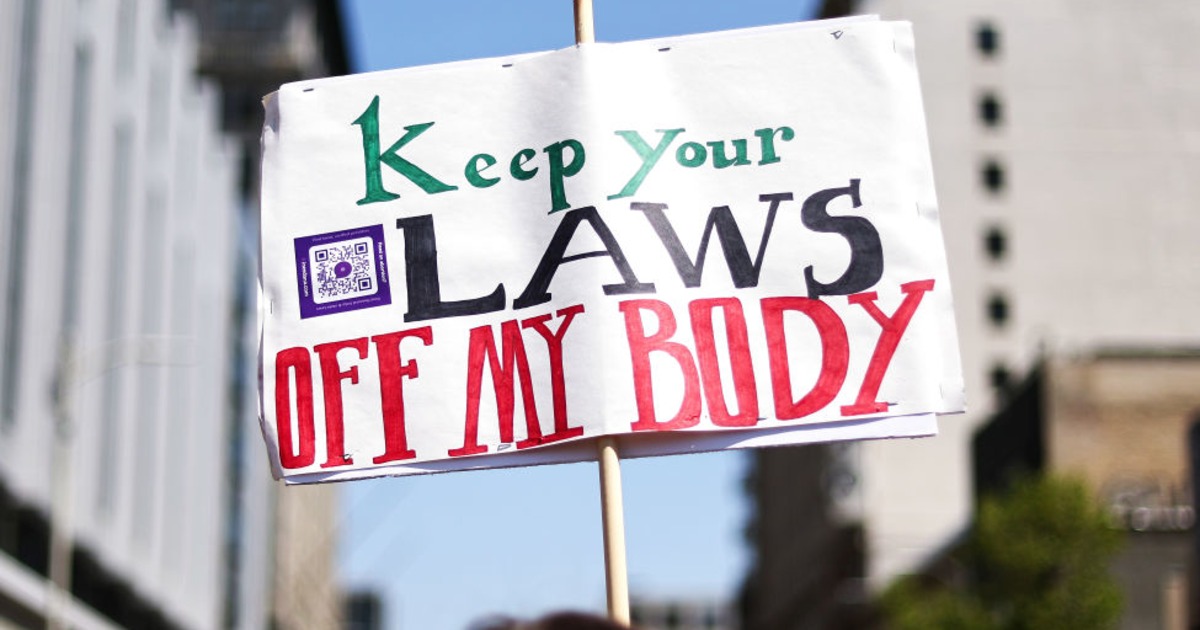The idea of recognizing a fetus as a person dates back to the 1960s, when Catholic groups opposed the relaxation of abortion laws. Since Roe v.
Wade, 14 states have made abortion illegal, according to data from the Center for Reproductive Rights. Planned Parenthood: "The true effect of personhood language is clear: to deny people the freedom to control their own bodies and lives" "Personhood" bills are at the center of many of the state disputes over reproductive rights in the U.S., which impose near-total bans on abortion and make the procedure a crime. The idea that a fetus – and sometimes even an embryo – has the same legal protections as any other person in the country opens the door to many questions about reproductive health, reproductive health experts have said. The National Latina Institute of Reproductive Justice says the bills could further stigmatize reproductive care. At least a dozen states will take constitutional amendments to the polls in November that could protect or restrict the voluntary termination of a pregnancy. Iowa and Colorado have also introduced bills that would define a person beginning at fertilization. Democrats see recent abortion rulings in state courts as an opportunity to mobilize Latino voters in key states and in contested House districts. Since the overturning of Roe v. Wade, all ballot measures that have sought to preserve or expand access to abortion have been successful, while those that have tried to restrict access to abortion have failed, even in conservative states, according to the Washington Post. The Center for Reproductive Rights reported to Noticias Telemundo that Kansas has a bill that would prohibit the "unlawful destruction of a fertilized embryo. It was introduced last year and is still in effect, although it has not moved forward. The move came a week after Florida's highest court allowed a six-week abortion ban to go into effect, and it adds to the Texas state law that prohibits the termination of a pregnancy after six weeks of gestation.

